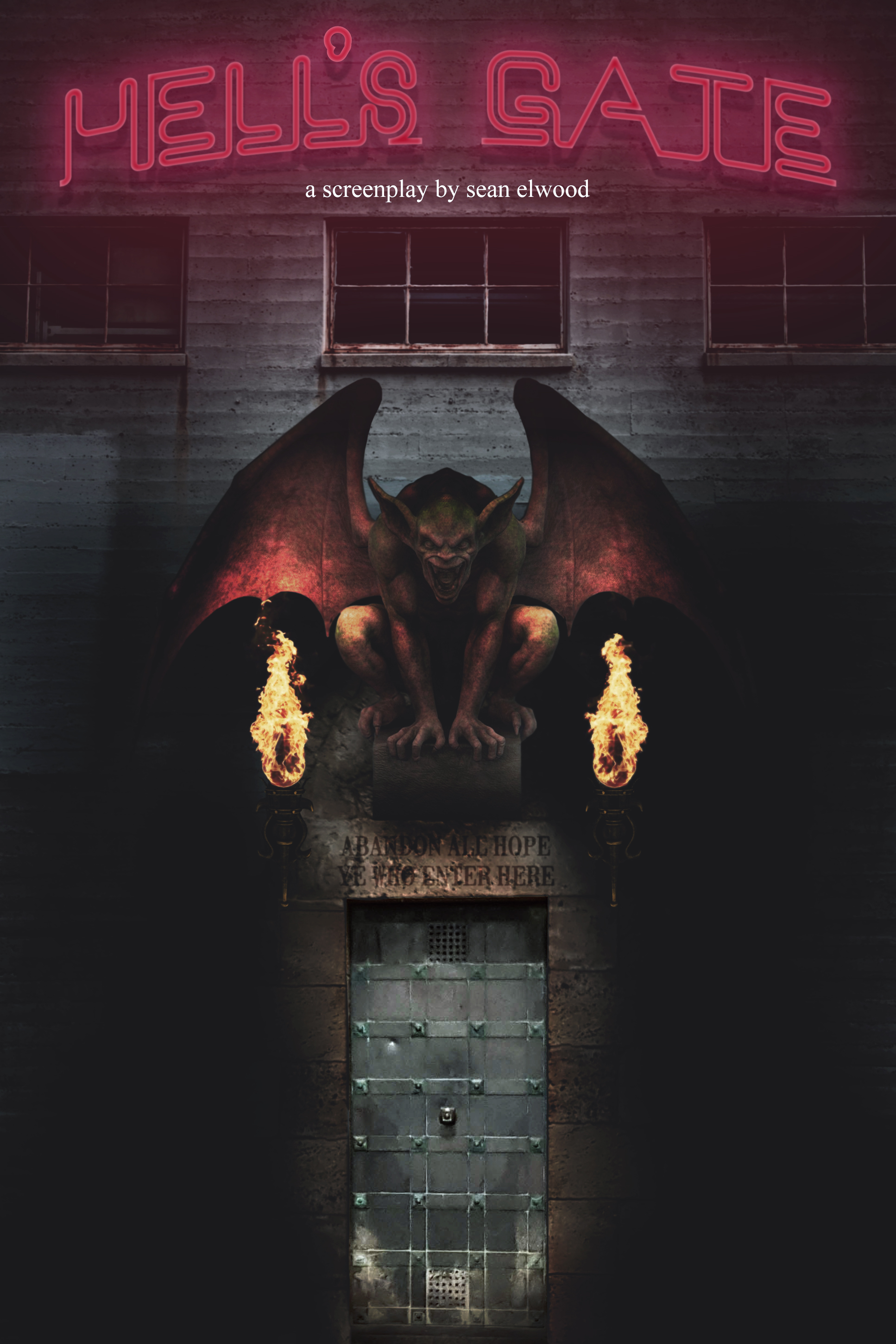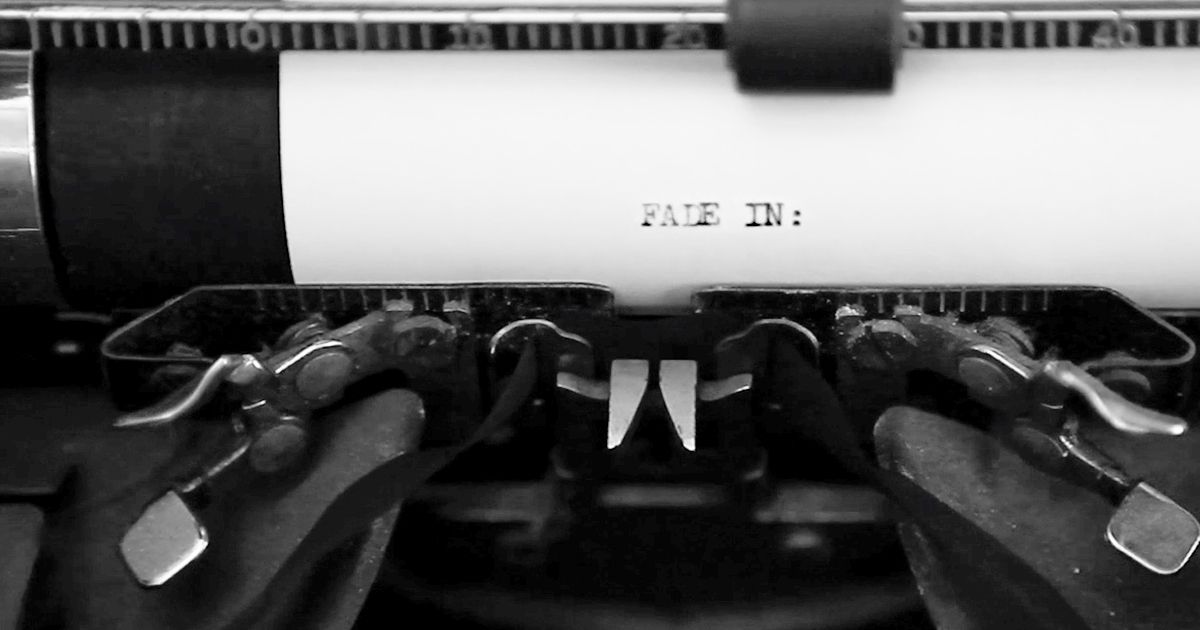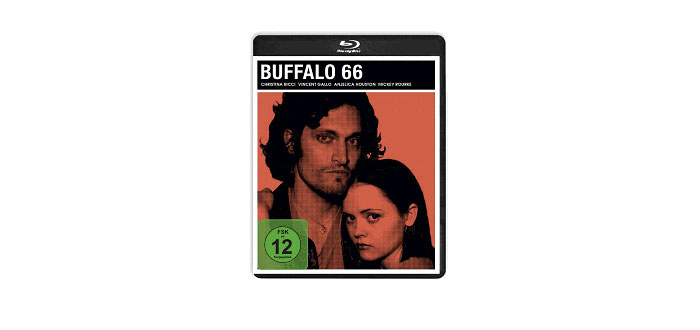- Follow one of the following links for Buffalo '66 Scripts: Script-O-Rama (Transcript) Script Fly (PDF,$) Springfield! (Transcript) scripts.com (Transcript) 3961. March 20, 2016 Tags Alison Bagnall, Buffalo '66 screenplay, Buffalo 66 script, Vincent Gallo Post navigation.
- After being released from prison, Billy’s (Vincent Gallo) first port of call is to find a bathroom, but instead he finds dancer Layla (Christina Ricci). He kidnaps her to go with him to his parents house to pretend to be his wife. To his surprise she agrees and plays her role convincingly.
- Buffalo 66 Screenplay Pdf Free Htc Evo 4g 7.0 Rom Download Hp 6910p Drivers Fingerprint Sensor Bharya Telugu Serial Actress Name List Aiwa Cdc X217 Manual Lawn Eso Castle Of The Worm Avengers Sequel Movie Hd Free Download In Telugu Dubbed Horror Tenses Book Pdf.
Buffalo 66 Screenplay Pdf Free
Vincent Gallo. Vincent Gallo (born April 11, 1961) is an American actor, director, model, musician and painter. Though he has had minor roles in mainstream films such as Arizona Dream, The Funeral and Palookaville, he is most associated with independent movies, including Buffalo '66, which he wrote, directed, scored and starred in and The Brown Bunny, which he also wrote, directed, produced. Script Fly (PDF,$) Springfield! March 20, 2016 Tags Alison Bagnall, Buffalo '66 screenplay, Buffalo 66 script, Vincent Gallo Post.
Alison Bagnall and Vincent Gallo, 1998#3, 1998 Skandies
Okay, let's recap the 1998 Skandies so far:
#1: Out of Sight: The male lead is a bank robber and car thief who breaks out of prison and forcibly kidnaps a federal marshal. The marshal, a beautiful woman, responds to this mistreatment by sharing a night of carnal delights with the bank robber and introducing him to an escape artist when he eventually returns to prison.
#2: Rushmore: The male lead is a teenage boy who develops a crush on a first-grade teacher and proceeds to humiliate her at a restaurant, corner her in a classroom and attempt to physically force himself upon her, and scam his way into her bedroom. The teacher, a beautiful woman, responds to this mistreatment by continuing their friendship and even sharing a dance with him at the end of the film.
#3: Buffalo '66: The male lead is a mental case who forcibly kidnaps a woman from her dance class and threatens to kill her. His victim, a beautiful woman, responds to this mistreatment with sympathy and cooperation right from the start, and by the end of the evening has become a source of healing, unconditional love for her abductor.
One of the main reasons people write stuff is that the blank sheet of paper or blank computer screen in front of you represents a new universe where what you say goes. In this controlled environment, you can create a space where you can work through some issues or just have fun. And then you can invite other people over to spend some time there. What does it say that the creators of the films listed above, in building out their fantasy worlds, made them revolve around beautiful women with a saintly tolerance for assholes and creeps? What does it say that the Skandie voters so enjoyed their time in these worlds that they voted these movies into the top three spots? I would venture a guess that one thing it says is that not too many of them are women who've had to spend time around assholes and creeps.

Now, believe me, I am not averse to saintly women. I could hardly have spent the past two and a half years in the virtual company of Alysheba Dawson if I were. And in fact much of what makes these films enjoyable is that the female leads are as appealing as the male ones aren't. They're not afterthoughts or ciphers; some real thought and artistry has gone into their creation. So let me rephrase. Above I suggested that these films are fantasies about beautiful, saintly women catering to assholes and creeps. What I should have said is that these films are fantasies about intelligent, talented assholes and creeps being catered to by beautiful, saintly women of the highest caliber. And that's whose fantasy again...?
What do I mean by 'catered to'? Compare these women to the most appealing movie character I have ever encountered, Valentine Dussault of Three Colors: Red. She is a beautiful, saintly woman of the highest caliber. In the movie, her path crosses with that of a cynical, misanthropic judge who spends his time electronically eavesdropping on his neighbors. They become friends — after the judge has taken steps to become a better person, after he has learned from Valentine's example that human beings are capable of being genuinely decent. What have the judge's counterparts in the Class of '98 done to show that they've grown enough to deserve the company of their valentines? The only thing I can think of is that in Rushmore Max stops being embarrassed that his father's a barber. Great. Maybe instead of a dance or an arraignment Rushmore should have ended with a golf clap.
But let me zero in on Buffalo '66 more specifically. After I posted my article on Rushmore, someone on Facebook yelled at me for only talking about what I wanted to talk about rather than doing an even-handed assessment of the merits and weaknesses of the film as if I were writing for a wire service. What about the pacing?, he asked. What about the tightness of the script? What about the music? Well, I did say the film was well-made and entertaining, and if you want me to spell that out, then yes, the montage sequence of the various clubs had impeccable timing. The actors sounded like they were saying their dialogue rather than reciting it. Certainly I'm as fond of 'A Quick One While He's Away' as the next Who completist. I could go on in that vein for a while. And whatever I said along those lines about Rushmore, double them for Buffalo '66. The first couple of times I saw this movie I thought it was totally great. So many bravura flourishes! And, man, scoring the climactic sequence with the beginning of 'Heart of the Sunrise' — how cool is that? So if you think of the content of the film the way I tend to think of the lyrics of a song — i.e., not remotely as important as the music — you might think that these strengths 'balance out' the film's shortcomings in the feminism department.
But I don't think that's how it works. As I mentioned in a Livejournal comment, this boils down to the Triumph of the Will question: does superlative style mitigate objectionable content? Or does it actually make it worse, by increasing the likelihood that people will admire the work and, consciously or not, become more favorably disposed towards its message?
I can tell you that the fact that I've liked Buffalo '66 from the time I first saw it back in '98 has at least made me more inclined to try to rescue it. Here's how that rescue attempt might go.
Vincent Gallo plays Billy Brown, who spends the beginning of the film desperately trying to find a bathroom after being released from jail. His quest sends him into a storefront dance studio, where in addition to visiting the bathroom he calls his parents on a pay phone, spinning out a story about having just flown into town with his wife, who is of course sick and will have to remain at the hotel when he visits. However, his mother insists on meeting her daughter-in-law. Needing someone to present, Billy jumps on one of the dancers in the hallway and drags her out the back stairs to the parking lot.
Billy forces his victim to drive him to his parents' house, stopping along the way to apologize and tell her what's going on: she is to play his wife, 'Wendy Balsam,' and 'be nice. Be a decent girl. Be nice.' Then, in a rhetorical move worthy of my friend Stephen's kindergartener, he issues the following threat: 'If you make a fool out of me, I swear to God, I'll kill you right there, boom, right in front of Mommy and Daddy, and I'll tell you something else, you make me look bad, I will never, ever, talk to you again, ever.'
We begin to get the sense that Billy is more crazy than malicious and is in fact more of a wounded animal than anything else, prone to crumbling into paroxysms of agonized tears. When we meet his parents, we learn why: everything they say and do makes it manifestly clear that they consider him utterly worthless and always have. But the girl Billy has kidnapped, Layla, throws herself enthusiastically into her role as his devoted wife; we keep waiting for her to undermine him somehow, as payback for taking her hostage, but she never does. On the contrary, she sticks by him even after the visit is over, and her sticking around is the engine that drives the second half of the movie.
How so? Let's look at the situation again. Billy wants to show off to his parents that he's leading a perfect life. For him, that means fancy hotels, luxury cars that shift themselves, an important government job — and a wife. But Billy has no more idea of the qualities he would like in a wife than he has of what his government job would entail. 'Nice, decent girl' is about the extent of it.
But there's no way to kidnap a generic girl. Billy therefore kidnaps a specific girl, Layla, and immediately tries to erase her identity, giving her the name he associates with his generic nice, decent girl, 'Wendy Balsam.' There is a real Wendy Balsam who turns up later in the movie, recognizing Billy (not by name) as the boy who stalked her back in school, but Billy knows virtually nothing about her as a specific person; for him, she's a blank slate, blank because he knew nothing about her when he developed his fixation on her. (It was the first day of kindergarten, so there wasn't all that much to know.)

The narrator of the movie wants Layla to remain blank as well. Not that Buffalo '66 has voiceover narration. What I mean is this: a written text has a narrator who is supposedly speaking the words which you are reading. Behind the narrator is the implied author. There are various techniques a writer can use to indicate to the reader that the narrator is not to be taken at face value. You're reading along, and then suddenly you think, hey, wait — that's an obvious circumlocution. So obvious that you can infer that the author meant you to pick up on it and wonder what the real story might be. A film might not include verbal narration, but it is still narrated to the extent that a story is related to the viewer in a more or less conventional audiovisual language, and there might be something about the narration that clues you into the fact that the author wants you to question what you're seeing. In the case of Buffalo '66, the obvious gap in the narration is this: we get all sorts of flashbacks to Billy's life before prison, and even his childhood, but we learn nothing at all about Layla? Not even her last name? The movie itself seems to have the same attitude towards her that Billy does!
And that is clearly unreliable narration, because it's unnatural. The movie is entirely focused on Vincent Gallo. Who the hell is Vincent Gallo? The dude from Truth or Consequences, N.M., which made $109,261 in its entire theatrical run? I'm supposed to care about him when his co-star is Christina Ricci?
One of the results of the fragmentation of mass culture is that the iconic power of public figures varies from subculture to subculture and from person to person more than it used to. So I live in a world where Julie Christmas is a big star and there is no such thing as a famous rapper. Still, I don't think I'm being totally idiosyncratic in asserting that Christina Ricci held a lot of iconic power back in the 1990s. She was Wednesday Addams! You would think that one of those '90s movie spinoffs of '60s sitcoms would be an unlikely launching pad for greatness, yet somehow this little girl, in a role that on the show had been a meaningless bit part, relegated the rest of the ensemble to her supporting cast. I never saw the Addams Family movies, but I saw all the Wednesday clips — they were all over TV, viral videos fifteen years before Youtube. The deadpan delivery, the way she sold the macabre sensibility of the character, that huge forehead, giant eyes, little Cupid's-bow mouth, shiny black braids... she was not only hilarious, but perfectly embodied a character who spoke to a lot of people. Mark Ryden devoted his career to painting her. Jessicka Fodera changed her surname to Addams in her honor. Rob Reger watched the hoopla over Ricci's performance as Wednesday and decided that the time was ripe to rip off a similar character from the Nate the Great series and sell the property to Hot Topic. Basically what I'm saying is that she was kind of a big deal. It's not too many 11-year-olds who get invited onto Saturday Night Live.
So now here's Christina Ricci in her first adult role. And in its own way it's equally iconic! Blonde this time, transformed from unconventionally cute to unconventionally beautiful, not yet tatted up like a bathroom wall, a Mark Ryden painting come to life... the over-the-top eye makeup, the low-cut baby blue babydoll dress (making it hard not to notice that Wednesday got stacked!), the white fishnets, the tap shoes... and, y'know, let's not forget the fact that she can actually act, that the camera can lock onto her face and the complex, nuanced palimpsest of emotions that every screenwriter prays will come across are all right there. This is who Billy is ignoring! This is who the movie is ignoring! Buffalo '66 is thus a wonderful piece of metafiction: it's the story of Layla's successful attempt to get both Billy and the movie to recognize that the specific girl they have been ignoring is far superior to the generic girl they would like to make of her. She might not have a choice about falling for Billy — that's hardwired into the role — but she can fight to be the one who's doing the falling. At first Billy is so threatened by the specificity of Layla that he reflexively fights against her — she says she's a vegetarian, he makes sure she has to choke down a double helping of tripe — but by the end he's put aside his stupid revenge fantasy in favor of getting her a cup of hot chocolate because that's what she likes. And the same goes for her struggle against the movie. Oh, so we're going to have a long sequence at a bowling alley because Billy's a bowler? Well I'm a tap dancer. So darken the lights and bring up the spotlight, because I'm going to do a tap, and it's going to be wistful and lovely and all my idea. Because it's my movie too.
So that's how my rescue attempt would go. If you had asked me in 1998 why I liked Buffalo '66, that's pretty much what I would have told you. There are two main problems with it:
One, getting to keep hot chocolate as your favorite beverage is not exactly adequate compensation for having to fall in love with a mentally unbalanced loser because the script says so. I'm reminded of Kathleen Frydl's facile assertion that, far from being a misogynistic fantasy or a victim of the studio system, Marilyn Monroe powerfully asserted her own agency... by, uh, doing her own makeup, and, like, working really slowly. Cultural studies people are always trying to argue that seemingly conformist texts are actually secretly subversive and that seemingly subversive texts are actually secretly conformist. Is Buffalo '66 secretly a feminist manifesto? C'mon.

Buffalo 66 Script Pdf
Two, the main reason that I liked Buffalo '66 in 1998 wasn't really that it was a wonderful piece of metafiction that pitted Christina Ricci's character against the narrator of the movie. The main reason I liked Buffalo '66 in 1998 is that I was a basket case who had never had a serious girlfriend and it was nice to imagine that a grown-up Wednesday Addams might fall for me anyway.
Return to the Calendar page!
Screenplay

Buffalo 66 Screenplay Pdf Download
